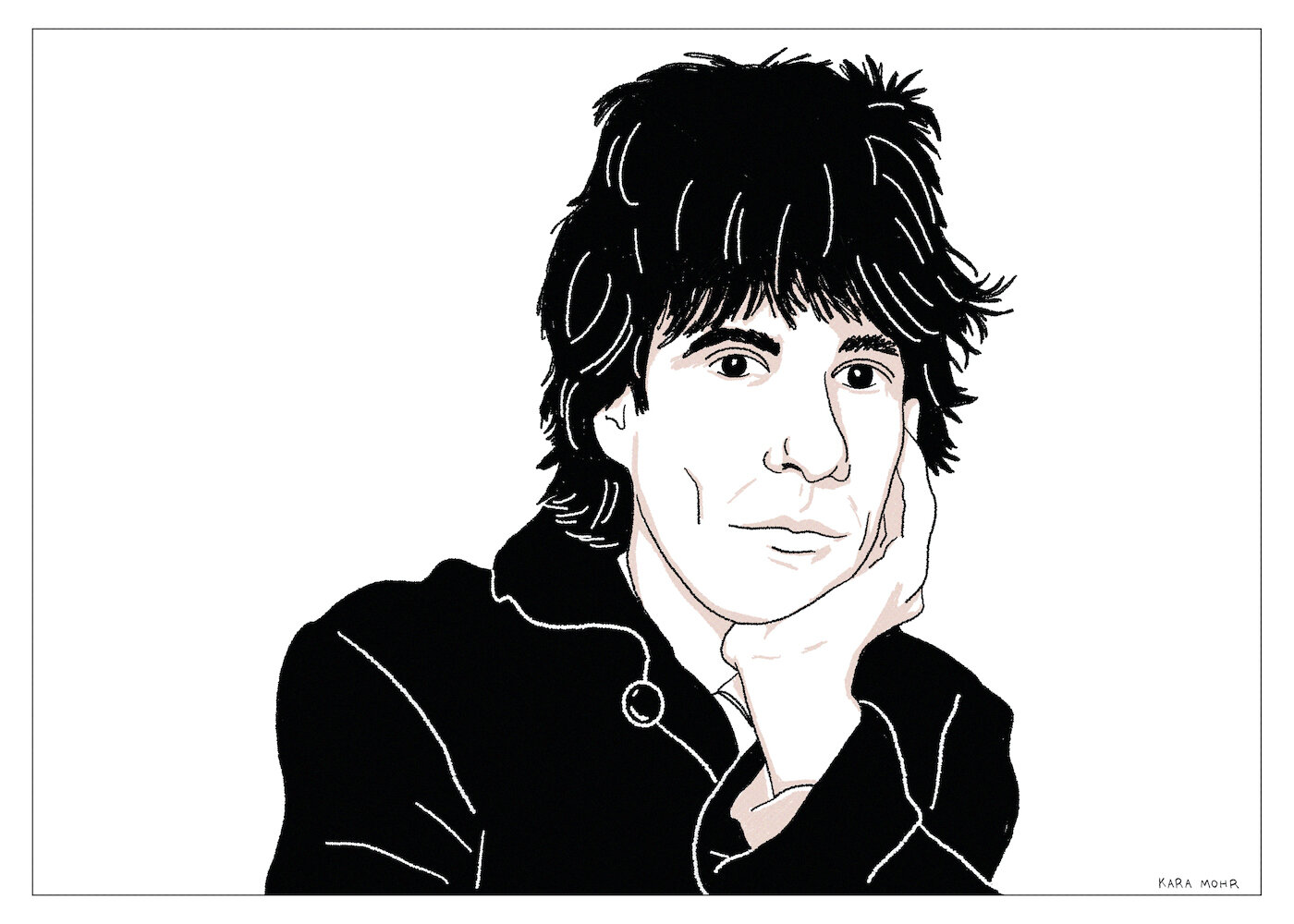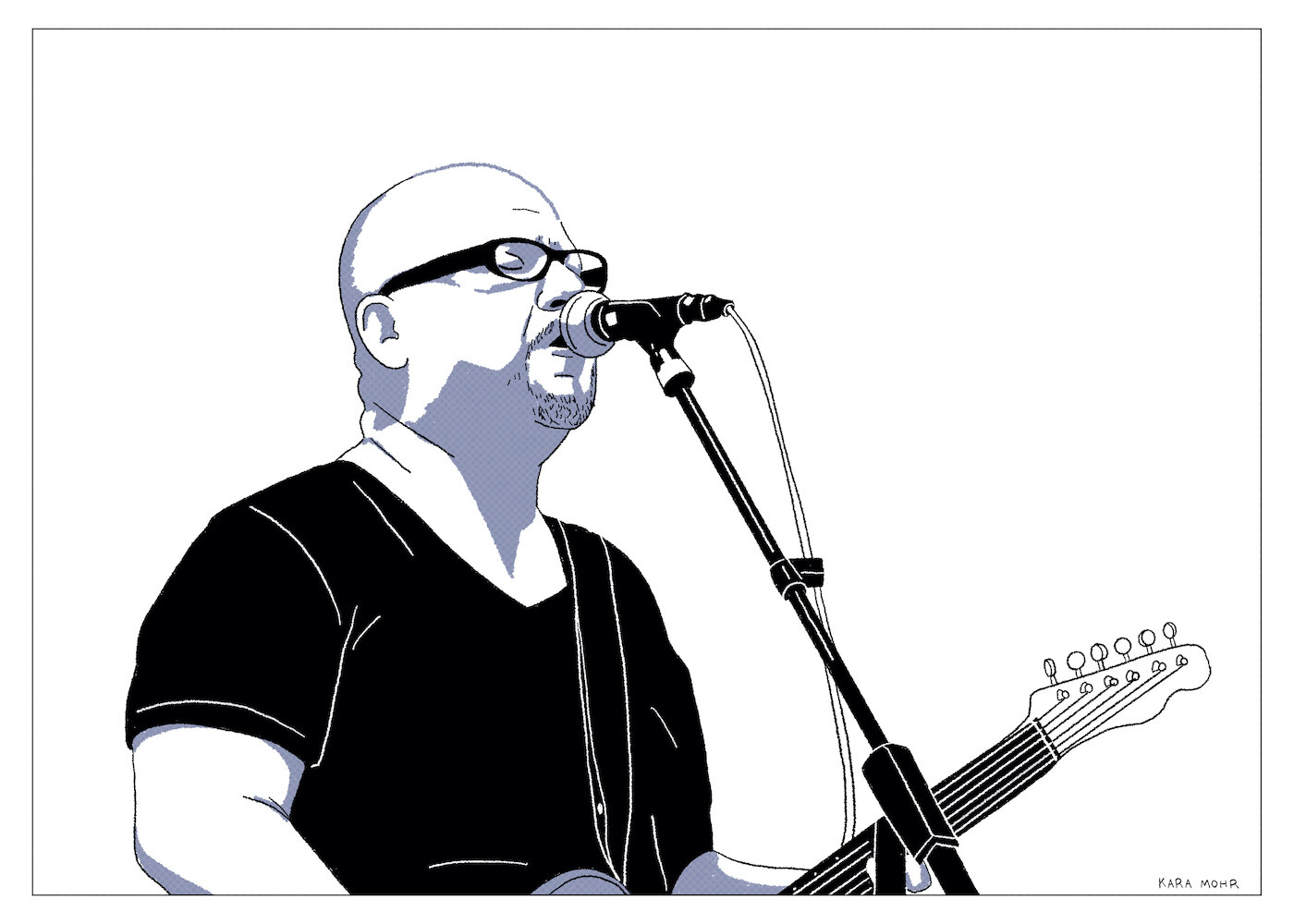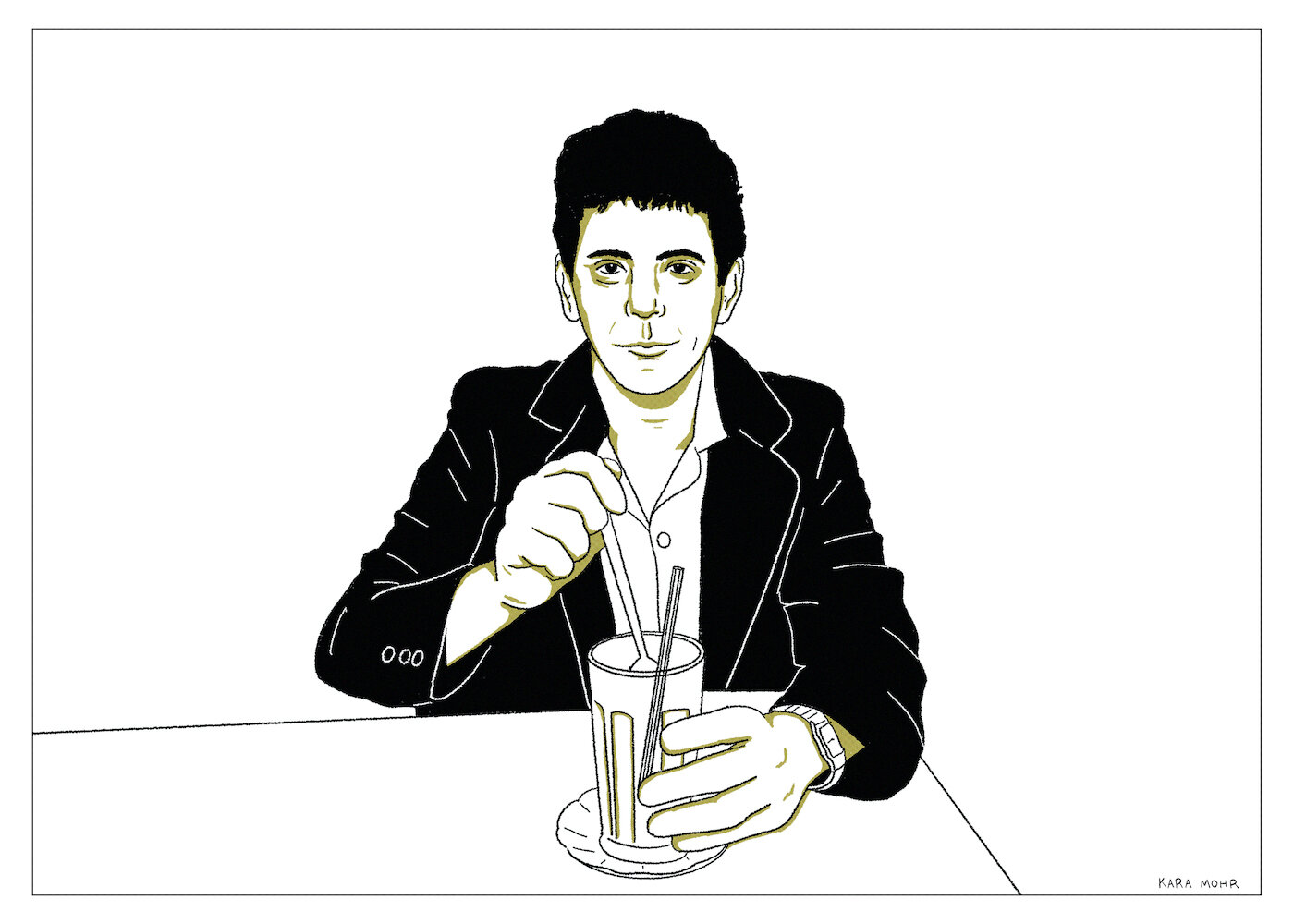
Paul Westerberg “Folker”
Westerberg solo and sober had difficulty finding his voice. When he rocked with expensive producers he sounded like watered down Replacements. When he switched to a piano and tried to be a singer songwriter, he sounded like a morose Carole King. Fans began to move on. But then, something happened. The malcontent outcast found his voice again. “Folker” is desperate middle-aged music. Also-ran music. Music about regret and compromise. Music written from your knees.

Frank Black “Honeycomb”
In 2005, nearly twenty years after he founded The Pixies, a whole bunch of shit happened to Frank Black. The Pixies simply could not work together and cancelled a tour. And, sadly, his marriage of sixteen years ended. So, Frank Black went into therapy to figure out what he needed to do. The “what” apparently was to head to Nashville, assemble a group of legendary session players, and finally record his “Black on Blonde” record.

Tom Waits “Bone Machine”
Bob Dylan was known for his disappearances. He is unknowable. Tom Waits is sort of the opposite of Dylan, one of his many heroes. Tom Waits is the accumulation of everything. He’s Andy Kauffman. He’s Bob Dylan. He’s Jackson Pollack. He’s Jack Kerouac. He’s Marlon Brando. He’s Captain Beefheart. He’s a drunk pawnbroker. He’s a hobo. He’s a nowhere, nobody jazz singer. He’s an actor. He’s a lounge lizard. In fact, Tom Waits might be the most accomplished artist of the later 20th century.

David Bowie “Black Tie, White Noise”
After two bad albums Bowie was on the ropes. So, he decided not to come back as a solo artist, but as a humble member of a band called Tin Machine that everyone called “Shit Machine” behind his back. He went from the coolest guy on the planet to the guy no one would sit with in the school cafeteria. Ever the chameleon, though, newlywed Bowie shifted again. He returned in 1993 as a solo artist with the kind of loud, kind of danceable, “Black Tie, White Noise.”

Lou Reed “The Blue Mask”
Most every Lou Reed solo album can sound like a middle age album. Even during his twenties and thirties, he seemed closer to death than most. But in 1982, the year he got sober, turned forty and released “The Blue Mask.” He fully surrendered to middle age. He sang about his house. His motorcycle. His average life. His wife (a lot). He reveled in it. He considered it. He adored it. And, thankfully, he also feared it.

Tom Verlaine “The Wonder”
Following an increasingly sporadic period, in 1990 Tom Verlaine released his sixth solo album, “The Wonder.” The album is not commercially available anymore. Actually, it’s not clear that Tom Verlaine wanted the album to be released in the first place. The sound of this album could be described as “thin” or “cold” in the way that New Wave sounds when it veers into Adult Contemporary. Plus, Tom’s spoken word delivery could easily be mistaken for terrible rap. He also started wearing berets a lot around this time.
